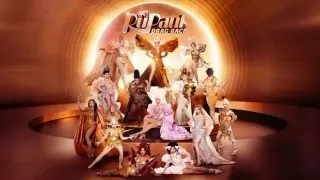July 8, 2021
50 Years in 50 Weeks: 1984 - Saluting Sylvester
Jim Provenzano READ TIME: 1 MIN.
1984 was a tumultuous year, not only for the local community. Elections, a huge increase in AIDS infections and deaths, and antigay politics continued. Yet the arts and nightlife scene carried on, providing music and more at fundraisers and featured shows.
Our weekly search for the year's best item stopped still for a fascinating two-page interview with the late great Sylvester. In the January 19, 1984 interview, the singer discussed his 'Decade of Faaaabulous Falsetto' with Jerry De Gracia and Jon Seifer.
The feature served as an advance to his now-legendary Feb. 4 'One Night Only' concert at The Castro Theatre.
"So many things have happened," said Sylvester in the interview. "I've been to so many places and met so many important people in the world and it seems like it never ends."
Sadly, Sylvester died of AIDS four years later.
Read the Dec. 22, 1988 feature obituary, and other vintage news, at https://archive.org/details/bayareareporter
Sylvester at a later 1987 return concert at The Castro Theatre:
Help keep the Bay Area Reporter going in these tough times. To support local, independent, LGBTQ journalism, consider becoming a BAR member.






